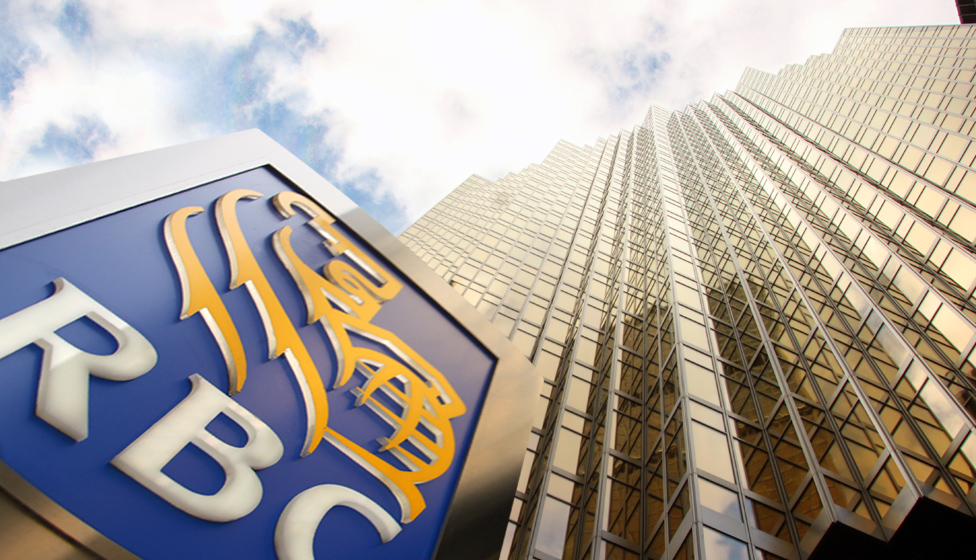Caribbean receives USD 330,000 of food security support from Canada
Assistance distributed to The Bahamas, Cayman Islands
Non-profit organisations (NGOs) dealing with food security across the Caribbean will receive a 330,000 USD support from the Royal Bank of Canada (RBC).
RBC is donating to Red Cross societies in the Caribbean supporting at-risk families amid the COVID-19 pandemic. Among them is the Hands for Hunger in the Bahamas, and two organisations in the Cayman Islands: Feed our Future and the Cayman Food Bank.
“COVID-19 has had an impact on every country and territory where RBC operates in the Caribbean,” said RBC Head of Caribbean Banking Rob Johnston in a report. “Across the region we are seeing how NGOs and other organisations are stepping up to provide for those in need during these uncertain times. We are proud to stand with these groups and to help support them in their vital work.”
The financial assistance is part of RBC’s more than CAD $2 million support to fight COVID-19 globally. Currently, the bank is also working with the World Health Organization’s COVID-19 Solidarity Response Fund, Feeding America, and Food Banks Canada.
“RBC has a long history of standing by our Caribbean communities through challenging times and this commitment will continue throughout this crisis and beyond,” Johnston said.
So far, governments in the Caribbean, such as the Bahamas, have begun forming their food security task force.
Perennial challenges in the Caribbean
As the COVID-19 pandemic continues to wreak havoc to the human race, the Caribbean will need all the help it can get from other countries.
In a recent Forbes report, while the region is “so accustomed to preparedness and resiliency,” it will still have to endure “a somewhat unique toll” from the very infectious disease.
“As the hurricane season is an expected annual burden between June 1 and November 30, islanders are well versed in food storage, disaster kits, and disaster preparedness.” said Forbes writer Nina Shapiro. “That said, many of the islands have not recovered from some of the major hurricanes of the past few years, including Irma and Maria.”
Hurricane Irma was an extremely powerful category 5 hurricane that struck Cape Verde in September 2017. Two weeks later, Hurricane Maria devastated Dominica, St Croix, and Puerto Rico.
The report also pointed out about the Caribbean’s heavy reliance on its tourism, which now remains paralyzed until the pandemic is under control.
There are also a perennial infectious diseases that plague the region, including dengue fever and chikungunya, both caused by mosquito-borne viruses.



